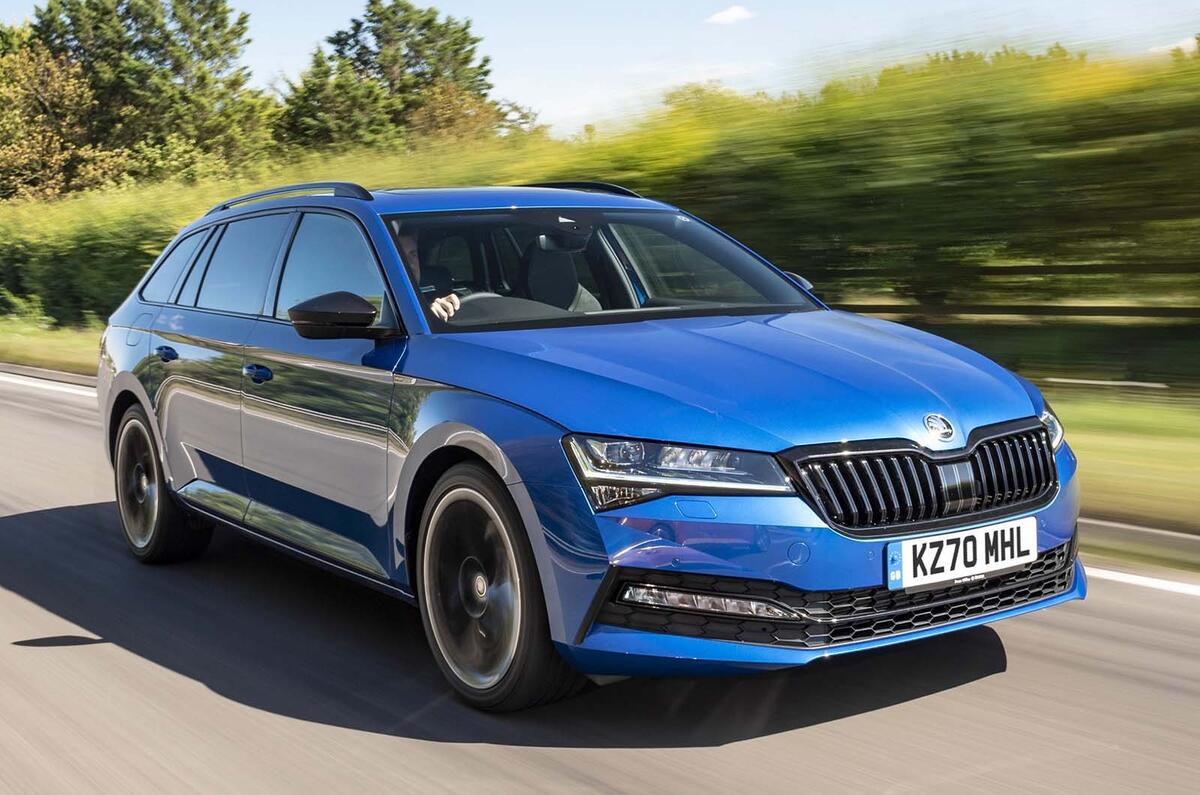Tax reforms announced as part of chancellor Kwasi Kwarteng’s economic 'Growth Plan' will make company cars cheaper for drivers and employers, the Treasury has told Autocar.
The mini-budget is designed to support households and businesses during a period of spiralling inflation and brings forward two policies that affect how company cars are taxed.
From April 2023, the basic rate of income tax will be reduced from 20% to 19%, one year ahead of schedule. This applies to pro-rata annual income of between £12,751 and £50,270, and the Treasury estimates the changes will save 31 million taxpayers an average of £170 per year.
This also influences benefit-in-kind (BIK) tax for company car drivers. Payments are based on the vehicle’s taxable value – a percentage of its list price, weighted by CO2 emissions – and the driver’s income tax band. A basic-rate taxpayer is taxed at 20% of the vehicle’s taxable value each year.
Reducing the basic rate offers a 5% reduction in BIK from April 2023. This affects around 300,000 of the UK’s 680,000 company car drivers, according to HMRC’s latest data.
That equates to a tax saving of £54 per year for a Vauxhall Corsa 1.2 GS Line petrol (at 28% company car tax), £84 for a Toyota Corolla 1.8 Hybrid Design hatchback (27% company car tax) or £95 for a Skoda Superb 2.0 TDI SE Technology Estate (30% company car tax).
The 2% band for electric company cars results in lower savings. Kia Niro 2 EV drivers only save £7 per year, but on a much smaller annual tax bill of £140 – that’s around 90% lower than petrol, diesel and non-plug-in hybrid cars.
Employers’ national insurance contributions (NICs) will also shrink. The Health and Social Care Levy was introduced in April this year as a temporary 1.25% NIC increase, before becoming a separate tax 12 months later. This will now be scrapped altogether.
Businesses providing company cars currently pay Class 1A NICs at a flat rate of 15.05% of the vehicles’ taxable value. From November 2022, this will go back to the old level of 13.8% five months earlier than expected.
Continuing the examples above, that amounts to a £28 saving for the Corsa, £44 for the Corolla, £49 for the Superb and £4 for the Niro EV.
It’s an unusual respite for fleets facing unprecedented supply disruption. Lead times are typically more than 12 months for new cars, according to the British Vehicle Leasing and Rental Association, while Arthur D Little data shows a 10% increase in transaction prices since 2021.






Join the debate
Add your comment